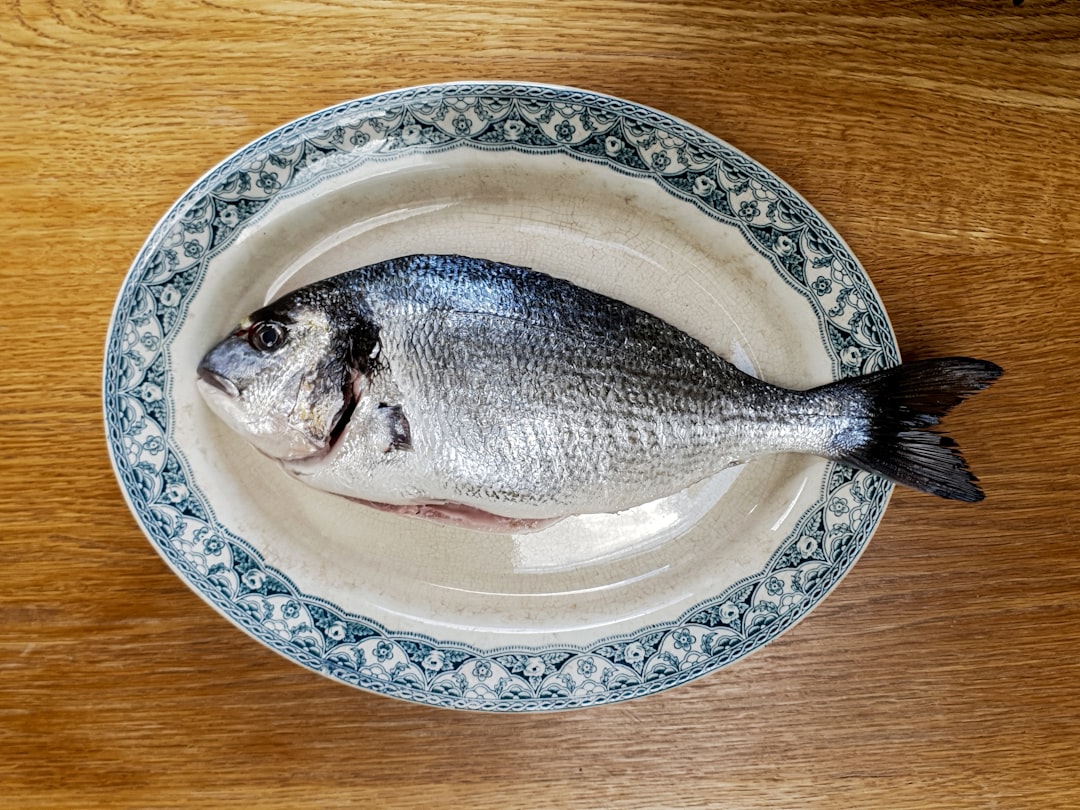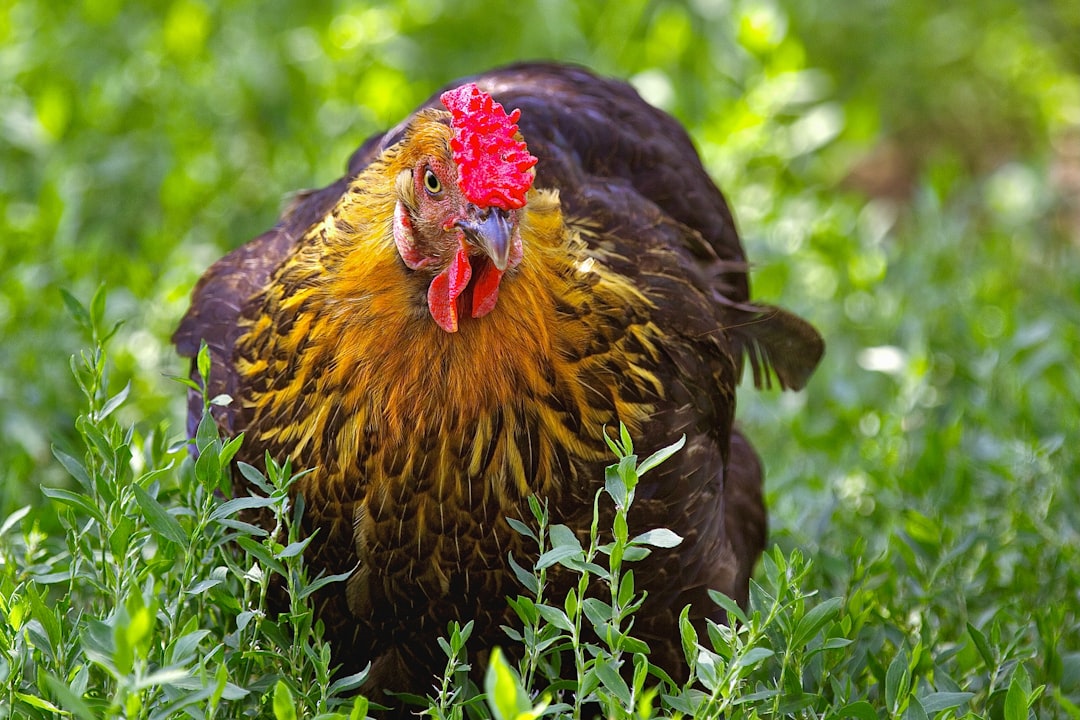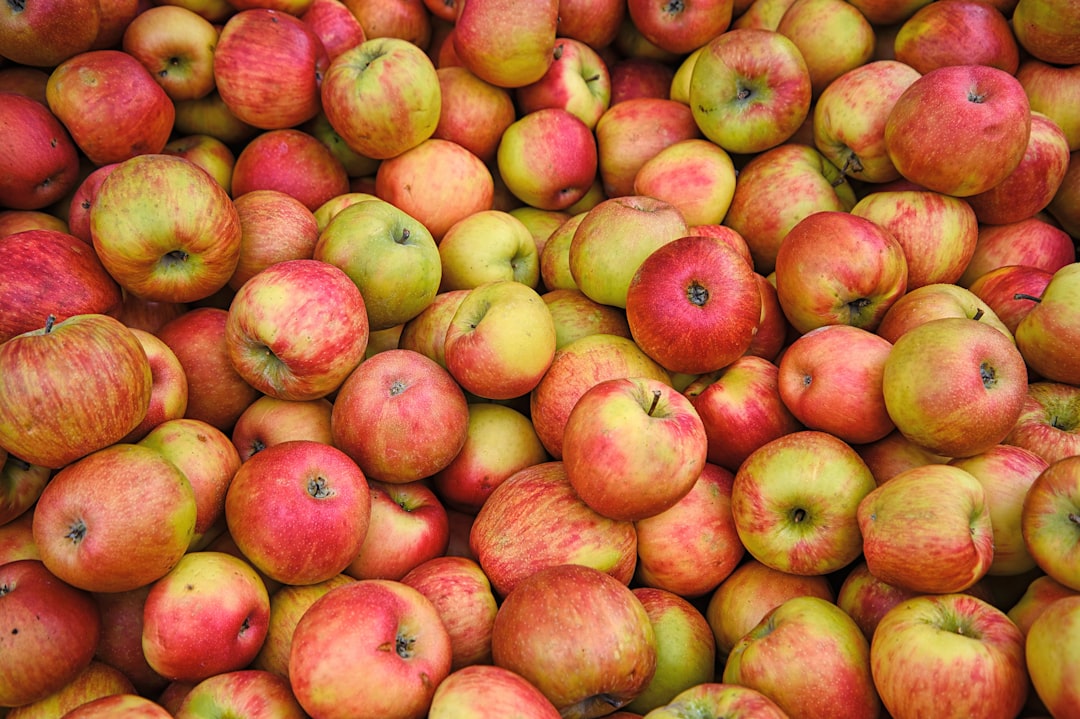
Blackberries are a delicious and nutritious fruit that can be enjoyed in a variety of ways. However, to fully savor their flavor and ensure your health, it's crucial to know the right way to wash and store them. In this article, we'll explore the best practices for handling blackberries, from washing to storage, so you can keep them fresh and delicious for longer.
Why Proper Washing is Essential
Blackberries grow close to the ground and are often exposed to dirt, pesticides, and various contaminants. Washing them thoroughly is not only about removing visible dirt but also getting rid of harmful substances that could pose a health risk. Additionally, proper washing can help extend the shelf - life of the berries by removing any bacteria or fungi that might cause spoilage.
Step - by - Step Guide to Washing Blackberries
1. Prepare Your Supplies
You'll need a large bowl, cool water, and a colander. Avoid using hot water as it can damage the delicate texture of the blackberries. If you prefer, you can also use a mild fruit and vegetable wash, but make sure it's food - safe.
2. Inspect the Berries
Before washing, take a close look at the blackberries. Remove any berries that are moldy, mushy, or damaged. These berries can quickly spread spoilage to the rest of the batch.
3. Rinse Gently
Place the blackberries in the colander and hold it under cool, running water. Gently swish the berries around with your fingers to ensure all sides are rinsed. Be careful not to be too rough, as blackberries are fragile and can easily be crushed.
4. Soak (Optional)
If you're concerned about pesticides or other contaminants, you can fill the large bowl with cool water and add a small amount of vinegar (about 1 part vinegar to 3 parts water). Place the blackberries in the vinegar - water solution and let them soak for about 5 - 10 minutes. The vinegar helps to kill bacteria and remove pesticides. After soaking, rinse the berries thoroughly under running water again.
5. Dry Properly
Pat the blackberries dry with a clean paper towel or a soft kitchen cloth. Excess moisture can lead to mold growth, so it's important to remove as much water as possible. You can also let the berries air - dry in the colander for a few minutes.
Storing Blackberries for Maximum Freshness
1. Refrigeration
Blackberries are highly perishable and should be stored in the refrigerator as soon as possible after washing. Place the dry blackberries in a shallow container lined with paper towels. The paper towels will absorb any excess moisture and help keep the berries dry. Cover the container with a lid or plastic wrap and store it in the refrigerator. They can typically last 2 - 3 days in the fridge.
2. Freezing
If you have a large quantity of blackberries and can't consume them all within a few days, freezing is a great option. First, wash and dry the berries as described above. Then, spread the berries in a single layer on a baking sheet lined with parchment paper. Place the baking sheet in the freezer until the berries are frozen solid. Once frozen, transfer the berries to a freezer - safe bag or container. Frozen blackberries can last up to 6 - 8 months and can be used in smoothies, pies, and other recipes.
Using Washed and Stored Blackberries in Recipes
Now that you have clean and fresh blackberries, it's time to get creative in the kitchen. You can make a classic blackberry pie by combining the berries with sugar, cornstarch, and a touch of lemon juice. Pour the mixture into a pie crust and bake until golden brown. Another great option is to make blackberry smoothies. Blend the berries with yogurt, milk, and a banana for a refreshing and healthy drink. You can also add blackberries to your morning oatmeal or use them as a topping for pancakes and waffles.
In conclusion, by following these simple steps for washing and storing blackberries, you can enjoy their sweet and juicy flavor while ensuring your health and getting the most out of your fruit. So, the next time you buy a batch of blackberries, remember these tips and make the most of this delicious summer fruit.



















